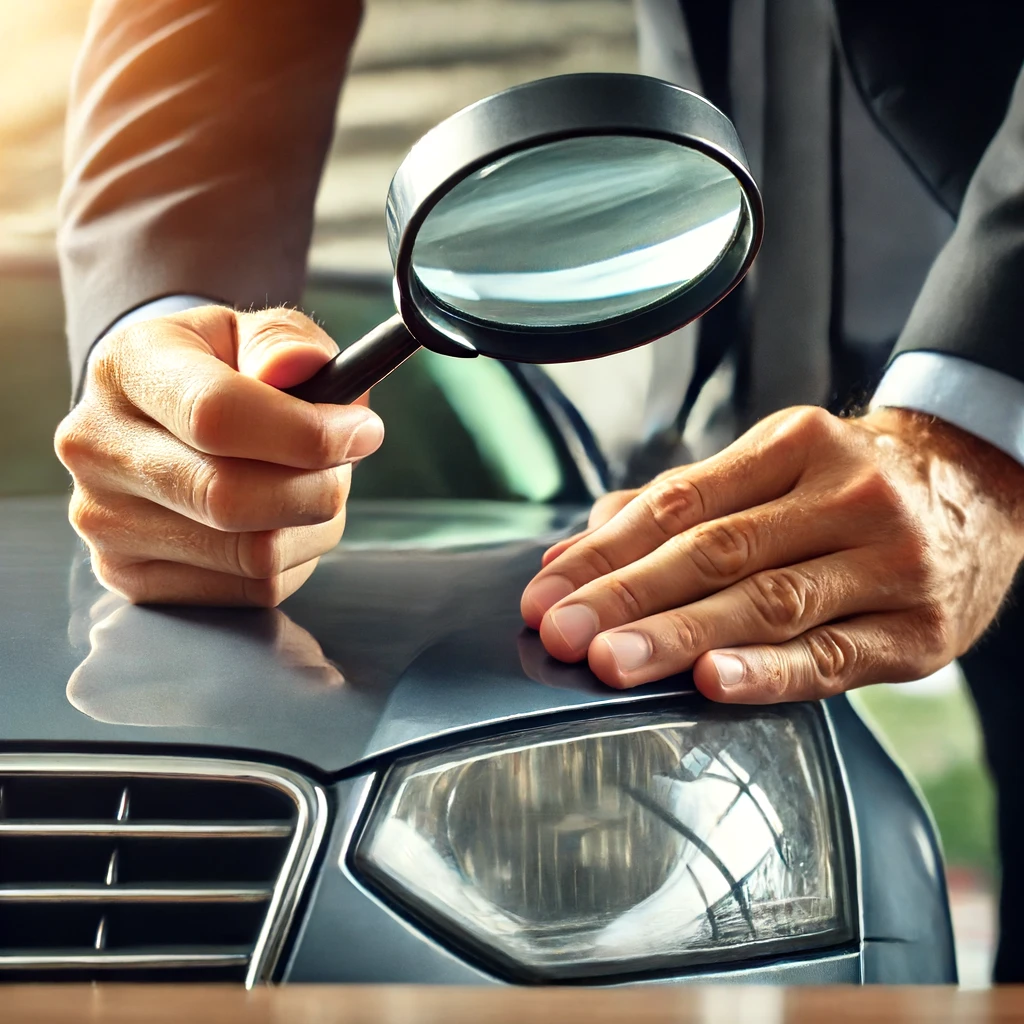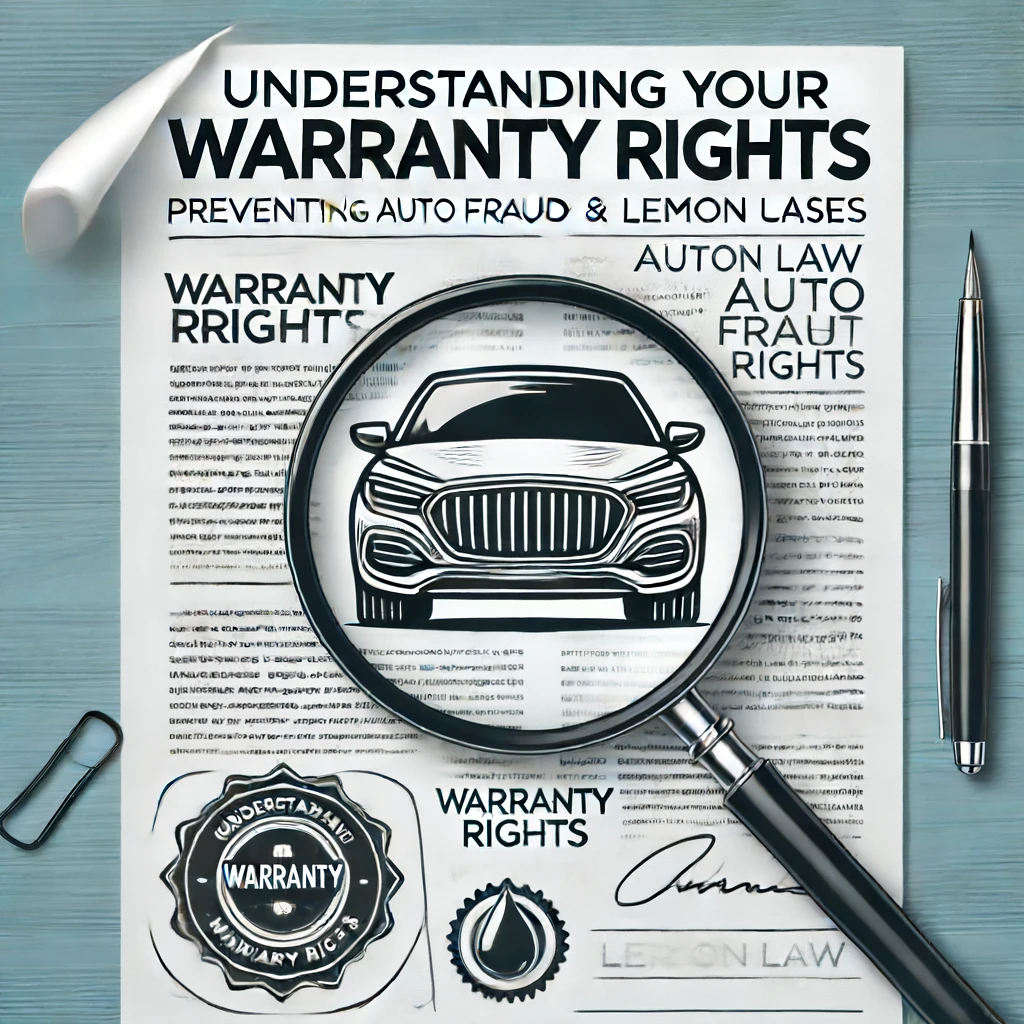Welcome to Sierra Litigation’s blog, your trusted source for expert legal advice and consumer protection. Car dealership scams can be costly and frustrating, but knowing how to protect yourself can help you make informed decisions and avoid common pitfalls. This guide will provide practical tips to safeguard yourself against car dealership scams. At Sierra Litigation, we represent consumers across California at no cost to you. Whether you’re in Los Angeles, San Francisco, San Diego, Sacramento, Fresno, Bakersfield, Riverside, Anaheim, Long Beach, Santa Clara, or any other part of the state, we’re here to help.
Common Car Dealership Scams
1. Odometer Fraud
What It Is: Rolling back the odometer to make the vehicle appear to have fewer miles than it actually does. How to Avoid It: Obtain a vehicle history report and compare the mileage with service records. Inspect the vehicle for excessive wear that doesn’t match the odometer reading.
2. Title Washing
What It Is: Altering a vehicle’s title to remove indications of damage or salvage status. How to Avoid It: Verify the title with your state’s DMV and obtain a vehicle history report to check for inconsistencies.
3. Yo-Yo Financing
What It Is: Allowing you to take a car home before financing is fully approved, only to call you back to renegotiate terms later. How to Avoid It: Ensure all financing is finalized before taking possession of the vehicle. Avoid dealers who pressure you into quick decisions.
4. VIN Cloning
What It Is: Stealing a VIN from a legally registered car and placing it on a stolen or salvaged vehicle. How to Avoid It: Ensure the VIN on the car matches the one on the title and registration documents. Check for tampering signs around the VIN plate and run a VIN check through a reputable service.
5. Curbstoning
What It Is: Unlicensed dealers posing as private sellers to avoid regulations. How to Avoid It: Verify the seller’s identity and ownership documents. Be wary of sellers who refuse to meet at their home or a business location. Use online marketplaces cautiously and prefer established dealerships.
Tips to Protect Yourself from Car Dealership Scams
1. Do Your Research
Research the Dealership
- Check Reviews: Look up reviews and ratings of the dealership online. Websites like Yelp, Google Reviews, and the Better Business Bureau (BBB) can provide insights into the dealership’s reputation.
- Verify Licensing: Ensure the dealership is licensed and in good standing with your state’s regulatory body.

Research the Vehicle
- Vehicle History Report: Obtain a vehicle history report from services like Carfax or AutoCheck. This report can reveal important information about the vehicle’s past, including accidents, title changes, and salvage status.
- Market Value: Research the market value of the vehicle using resources like Kelley Blue Book or Edmunds. Knowing the fair price can help you negotiate better and avoid overpaying.
2. Inspect the Vehicle Thoroughly

Visual Inspection
- Exterior and Interior: Check for signs of damage, mismatched paint, or excessive wear. Pay attention to the condition of the seats, carpets, and dashboard.
- Under the Hood: Look for leaks, corrosion, or worn belts and hoses.
Professional Inspection
- Hire a Mechanic: Have the vehicle inspected by a trusted mechanic. A professional inspection can uncover hidden issues that might not be apparent during a casual inspection or test drive.
3. Verify Documentation

Title and Registration
- Match the VIN: Ensure the VIN on the car matches the one on the title and registration documents. Look for signs of tampering around the VIN plate.
- Verify Title Status: Check the title for branding such as “salvage” or “rebuilt.” Verify the title with your state’s DMV.
Sales Contract
- Read Carefully: Review the sales contract thoroughly before signing. Ensure all terms and conditions are clearly stated and understood.
- No Blank Spaces: Never sign a contract with blank spaces. Ensure all relevant fields are filled in before you sign.
4. Finalize Financing Before Taking Possession
Pre-Approved Loans
- Secure Financing: Get pre-approved for a loan from your bank or credit union. This can provide you with better terms and protect you from dealership financing scams.
- Finalized Agreement: Ensure all financing details are finalized and agreed upon before you take possession of the vehicle. Avoid taking the car home on the promise that financing will be completed later.
What to Do if You Suspect a Scam
Gather Evidence
Document Everything
Keep detailed records of all communications with the dealership, including emails, texts, and phone calls. Save copies of all documents, including the sales contract, financing agreement, and any receipts.
Report the Fraud
File a Complaint with the DMV
Report the suspected fraud to your state’s DMV. The DMV can investigate title washing, odometer fraud, and other issues.
Notify the Federal Trade Commission (FTC)
File a complaint online through the FTC’s website. The FTC handles complaints about deceptive practices.
Seek Legal Advice
Consult with a Lemon Law Attorney
An experienced attorney can help you understand your rights and the best course of action. At Sierra Litigation, we specialize in Lemon Law and auto fraud cases and offer our services at no cost to you.
Success Stories: Real Clients, Real Results
Case Study 1: Emily from Riverside
Emily purchased a used SUV with recurring transmission issues. Despite multiple repair attempts, the problem persisted. With Sierra Litigation’s help, Emily successfully negotiated with the manufacturer and received a full refund, including all related expenses.
Case Study 2: Robert from Anaheim
Robert bought a used truck that turned out to have a washed title. He documented all issues and repair attempts, including photos and videos. With Sierra Litigation’s assistance, Robert received a full refund and compensation for his troubles.
Case Study 3: Lisa from Santa Clara
Lisa leased a car that developed electrical problems soon after purchase. She kept detailed records of each repair attempt and saved all related receipts. Sierra Litigation took her case to court, and Lisa won, resulting in a replacement vehicle and compensation for her legal fees.
Frequently Asked Questions
How can I verify the accuracy of a vehicle’s title?
Obtain a vehicle history report and verify the title with your state’s DMV. Check for inconsistencies and investigate any title transfers or branding.
What should I do if I suspect odometer fraud?
Document all evidence suggesting odometer fraud, contact the seller for an explanation, and report the fraud to your state’s DMV and the FTC. Consult with a Lemon Law attorney for further advice.
How can I avoid purchasing a vehicle with a washed title?
Obtain a vehicle history report, verify the title with the DMV, inspect the vehicle for signs of damage, and exercise caution with out-of-state titles.
Why Choose Sierra Litigation?
Expertise and Experience
Our team of seasoned attorneys has extensive experience handling auto fraud and Lemon Law cases across California. We understand the nuances of the law and are dedicated to securing the best outcome for our clients.
No Fees, No Hidden Costs
We represent consumers at no cost. Our fees are covered by the manufacturer, meaning you won’t pay a dime out of pocket.
Personalized Service
At Sierra Litigation, we pride ourselves on providing personalized service to each client. We understand that every case is unique, and we tailor our approach to meet your specific needs.
Statewide Representation
Whether you’re in Los Angeles, San Francisco, San Diego, Sacramento, Fresno, Bakersfield, Riverside, Anaheim, Long Beach, Santa Clara, or anywhere else in California, Sierra Litigation is here to help. We offer statewide representation, ensuring that no matter where you are, you have access to top-notch legal support.
Contact Us Today
If you believe you are a victim of auto fraud, don’t wait—contact Sierra Litigation today. Our experienced attorneys are ready to assist you in navigating the complexities of auto fraud and ensuring you receive the compensation and justice you deserve.





